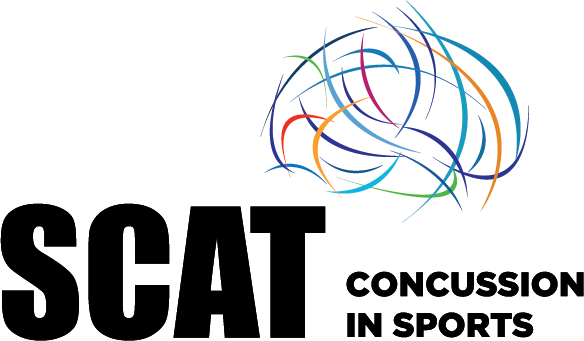Authors: Caomhan Conaghan 1, Ed Daly 1, Alan J Pearce 2, Doug A King 3, Lisa Ryan 1
Affiliations
1Department of Natural Sciences, Galway-Mayo Institute of Technology , Galway, Ireland.
2College of Sport, Health and Engineering, La Trobe University , Melbourne, Australia.
3Sports Performance Research Institute New Zealand (SPRINZ), Faculty of Health and Environmental Science, Auckland University of Technology , Auckland, New Zealand.
DOI: 10.1080/02640414.2020.1835223
Abstract:
Educational interventions aimed at increasing concussion knowledge and attitudes are designed according to different frameworks. The aim of this systematic review of the literature was to determine the effects of educational interventions on concussion knowledge and attitudes, while providing recommendations for future research in the area of concussion education interventions.
Data was extracted from 25 papers following a systematic search of the CINAHL, PubMed/Medline, Science Direct, SPORTDiscus and Web of Science scientific databases. Interventions were designed according to expert opinion and recommendations from previous research, such as knowledge transfer frameworks, the Health Belief Model, Theory of Planned Behaviour or by unknown means. Interventions were presented using PowerPoint presentations, videos, interactive computer modules, tool-kits, games and as guidelines. Interventions designed according to expert opinion increased concussion knowledge during post-intervention testing up to two weeks after intervention administration, and occasionally increased attitudes, with both knowledge and attitude improvements tending to return to baseline levels over-time.
Interventions designed according to recommendations from previous research tend to increase both knowledge and attitudes with lack of follow-up data to determine long-term effects.
Future concussion educational interventions should be designed according to expert opinion and using a knowledge transfer framework. The long-term effects of interventions require more research in order to design more effective educational tools.
Keywords: education intervention, concussion, mTBI, attitudes, knowledge transfer

